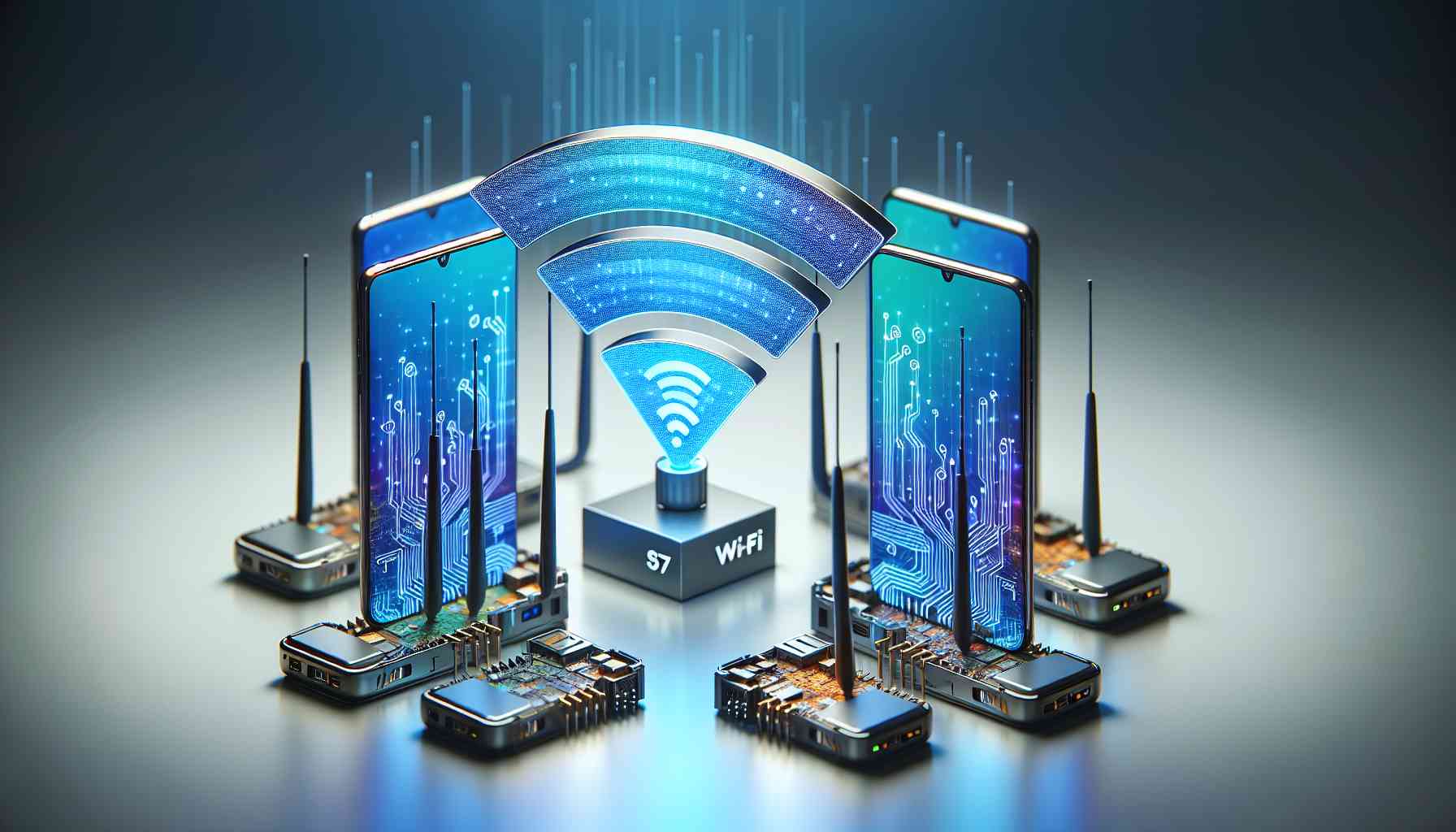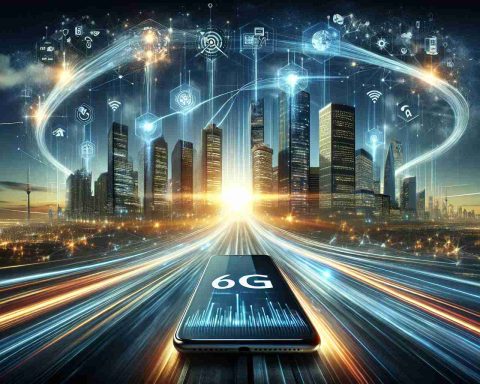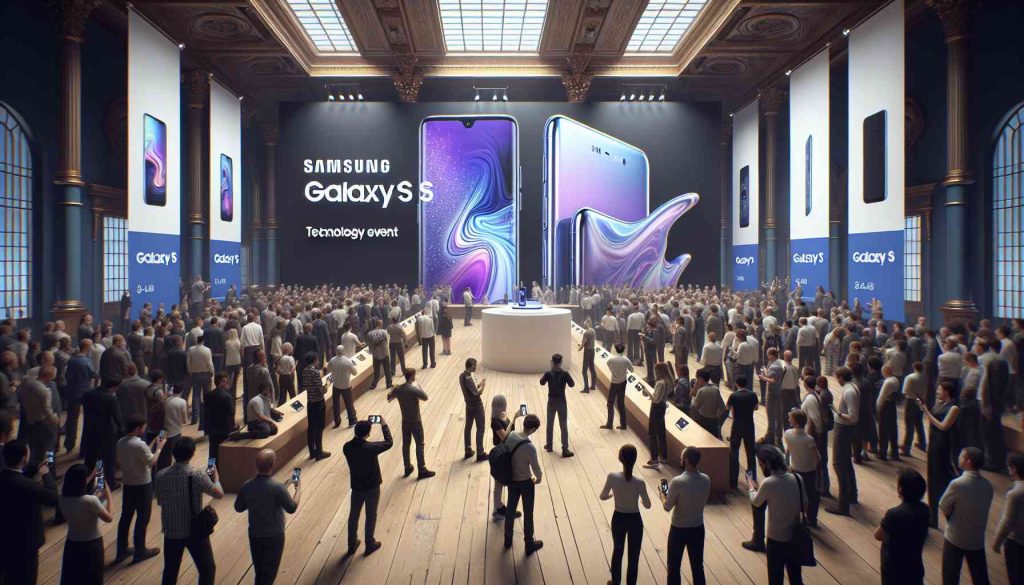According to recent information, Samsung has announced that the upcoming Galaxy S24 and S24+ models will not support Wi-Fi 7. This news is a disappointment for many Samsung fans, as the Exynos 2400 chipset used in these devices does not support the latest wireless standard. In contrast, the Galaxy S24 Ultra, powered by the Qualcomm Snapdragon 8 Gen 3 chipset, will allow users to connect to Wi-Fi 7 networks.
Wi-Fi 7 is a significant improvement compared to its predecessor, Wi-Fi 6E. The theoretical speeds of up to 46 Gbps make it 4.7 times faster, making it a breakthrough for high-bandwidth activities such as streaming and gaming. Additionally, Wi-Fi 7 doubles the channel width to 320 MHz, resulting in faster speeds and the ability to support a larger number of simultaneously connected devices. Moreover, Wi-Fi 7 promises to improve battery life on smartphones in terms of energy efficiency.
While it is true that Wi-Fi 7 is still in the early stages of development and it is indeed Wi-Fi 7, not the usual “7”, the Samsung Galaxy S24 Ultra positions itself as a technologically advanced device. However, this decision from Samsung means that users of the Galaxy S24 and S24+ will not be able to enjoy wireless connectivity compatible with future standards.
Considering Samsung’s commitment to providing a seven-year software update period for the Galaxy S24 series, users will likely be using these devices for a long time. However, the inability to connect to Wi-Fi 7 networks may be a disadvantage when this new standard becomes more widespread.
Although it will undoubtedly take some time for Wi-Fi 7 routers to become widely available and affordable, the lack of Wi-Fi 7 support in the base models of the Galaxy S24 raises concerns about long-term compatibility. If users want to transition to Wi-Fi 7 networks in the future, they may be forced to switch to a different smartphone model earlier.
In conclusion, the inability to use Wi-Fi 7 in the Galaxy S24 and S24+ can be a significant disadvantage for users who value modern wireless technologies. How this will impact the overall user experience of Samsung’s latest flagship model remains to be seen.













